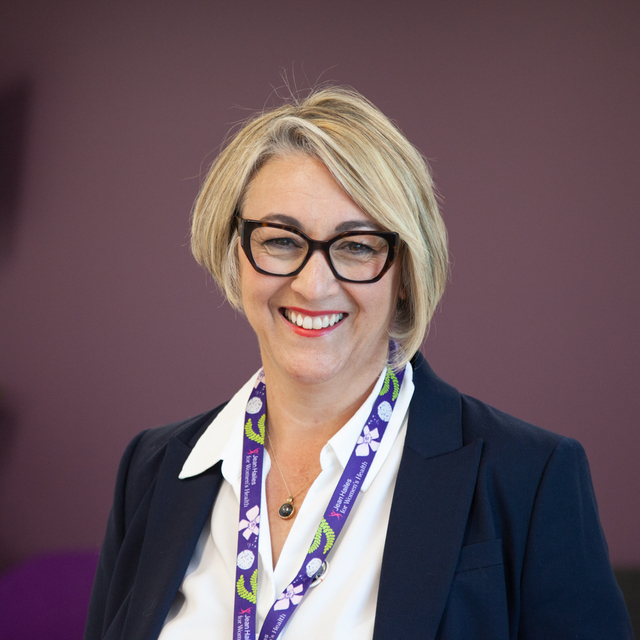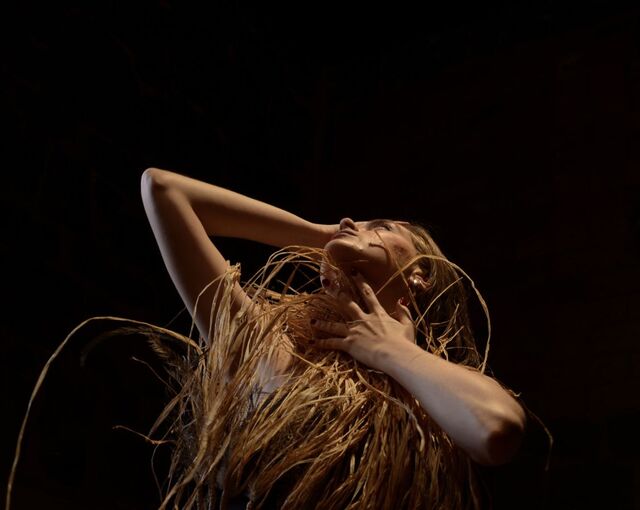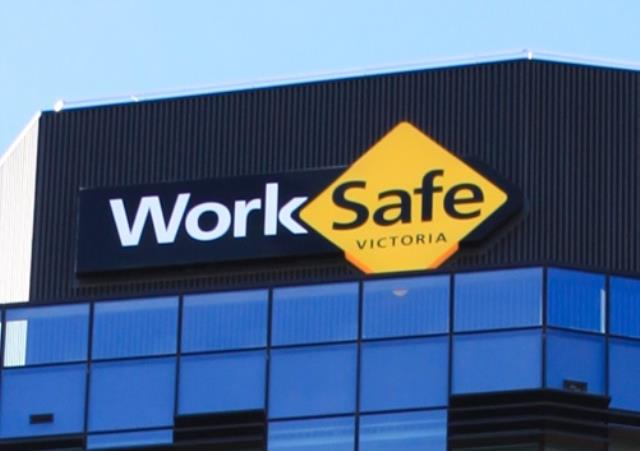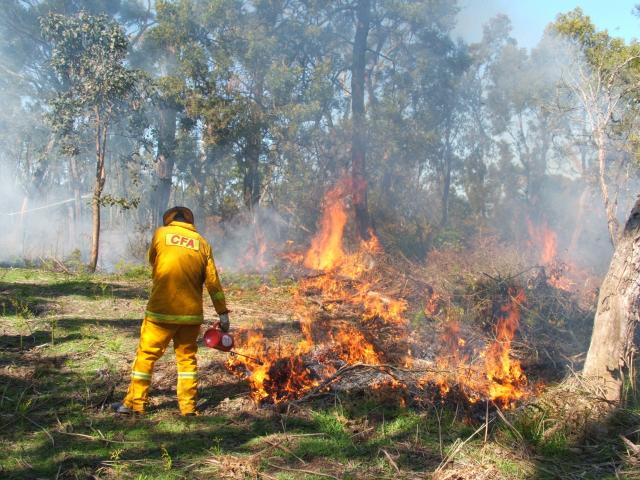Recently, a video of a woman with her head steaming on a cold night due to a hot flush has gone viral on TikTok.
With over 10 million views, people are learning more about hot flushes and why they happen.
Hot flushes are only one of the many symptoms women might experience while going through menopause.
Jean Hailes for Women’s Health chief executive Dr Sarah White said the menopause transition happens when a woman’s body runs out of eggs and ovarian function declines.
“You run out of eggs, you have these wildly fluctuating hormones, and as a result, you have symptoms,” she said.
“It’s that period where you have those symptoms is often called perimenopause.
“You go through this perimenopause phase, and then menopause itself is just one day in the calendar.
“It’s 12 months after your final menstrual period, so you don’t even know you’ve gone through menopause until it’s kind of happened already.”
Menopause transition has symptoms like hot flushes, night sweats and hormone fluctuations, but not every woman experiences symptoms.
“For about 25 per cent of women, they’ll have virtually no symptoms or no symptoms at all,” Dr White said.
“For about another 25 per cent, they’ll have very severe symptoms during the menopause transition, and everybody else that has symptoms range from mildly annoying to really annoying, but they can all be managed.”
Dr White said most Caucasian women have hot flushes and night sweats which can get overwhelming.
“If it happens at night, it’s a night sweat,” she said.
“It can wake you up and interfere with your sleep.
“For some women, it’s just unpleasant, for some annoying, and for some really quite debilitating.”
For some other ethnicities, for example, Asians, it could be joint pains, which are more common than hot flushes and night sweats.
“Your biology impacts, your psychology impacts, and in fact, your social and cultural norms impact how you experience menopause,” Dr White said.
Dr White said being in good health is the best way to prepare for menopause, with women encouraged to give particular thought to their bone and heart health in the their 30s.
“These are two things that once you go through menopause, become problematic,” she said.
“We want women to be exercising, so that’s both weight-bearing exercise, but also doing some lifting of weights.”
“One of the other things that happens during menopause is weight starts to shift on our body. A lot of women put on weight during menopause.
“That’s not inevitable, but the menopause does shift where that weight sits on your body to make it all come to the stomach phase, and that has implications for cardiovascular health later.”
Despite the different experiences, going through menopause is inevitable.
“If you have ovaries, you are going to go through menopause. There’s no avoiding it,” Dr White said.
“I really would like people to understand that everybody’s experience is very individual. Some people will sail through, and they’re the lucky ones, some people will have a really difficult time, and we need to make sure that those women have the support they need.”
Details: www.jeanhailes.org.au/health-a-z/menopause







